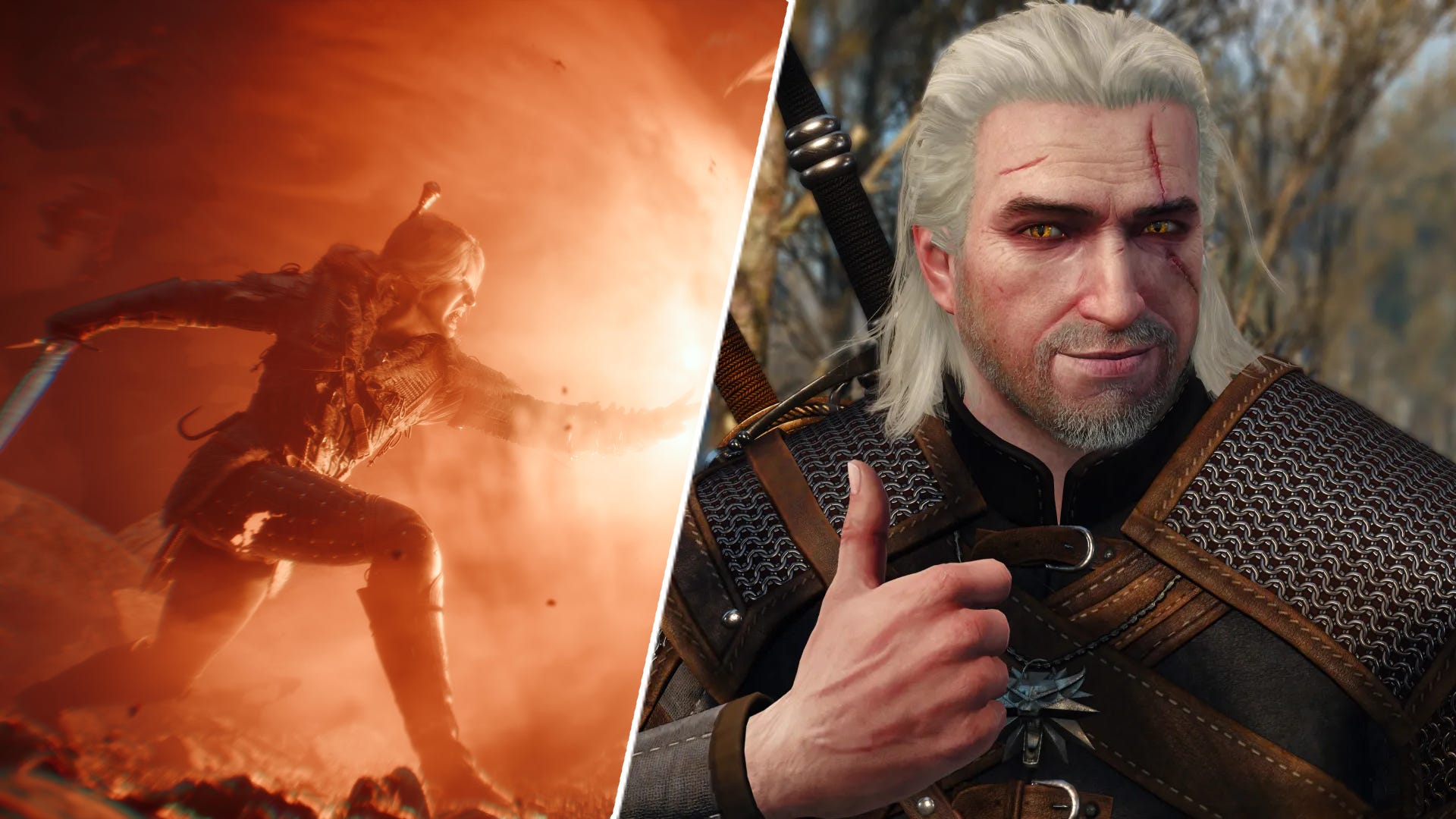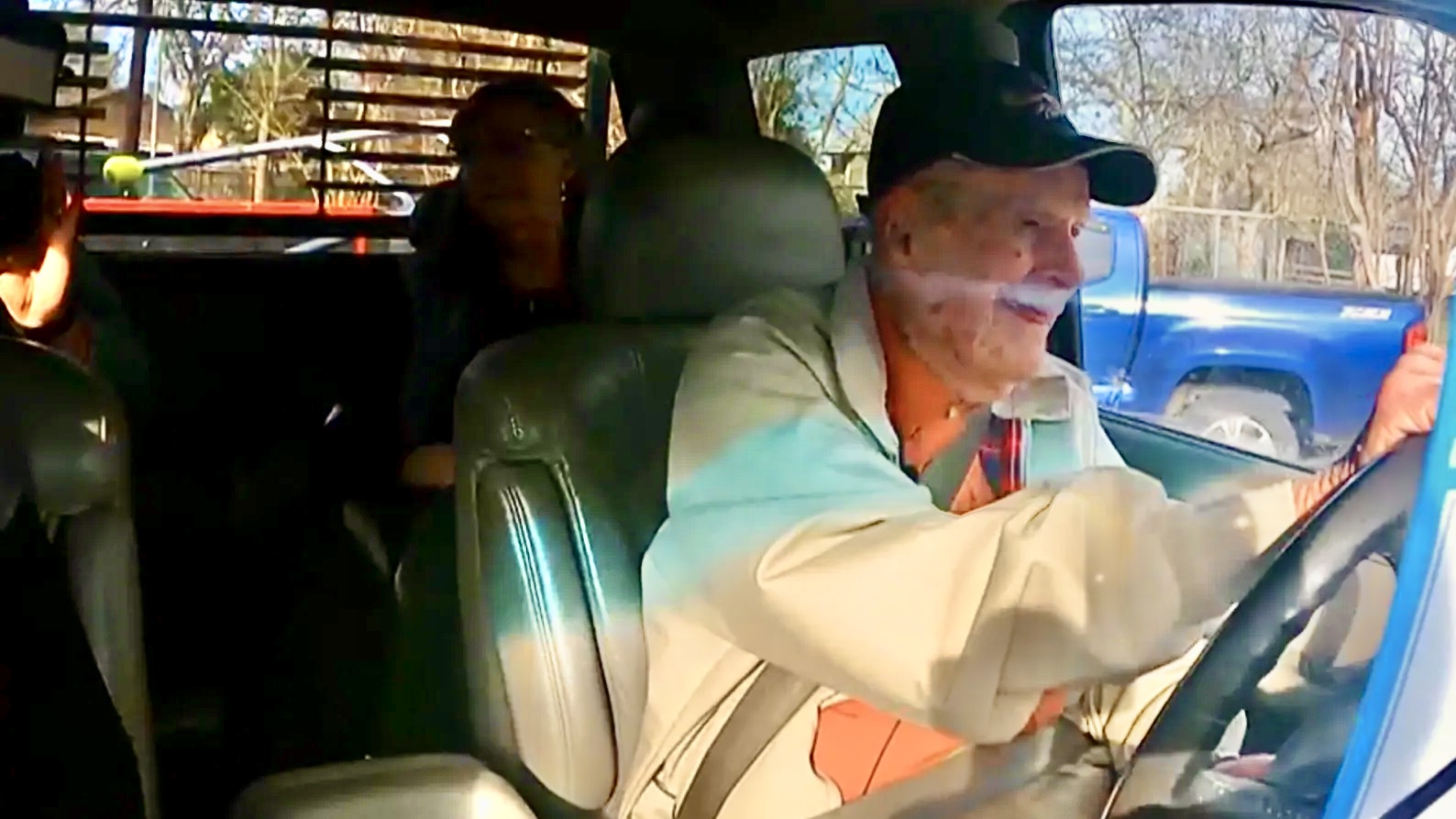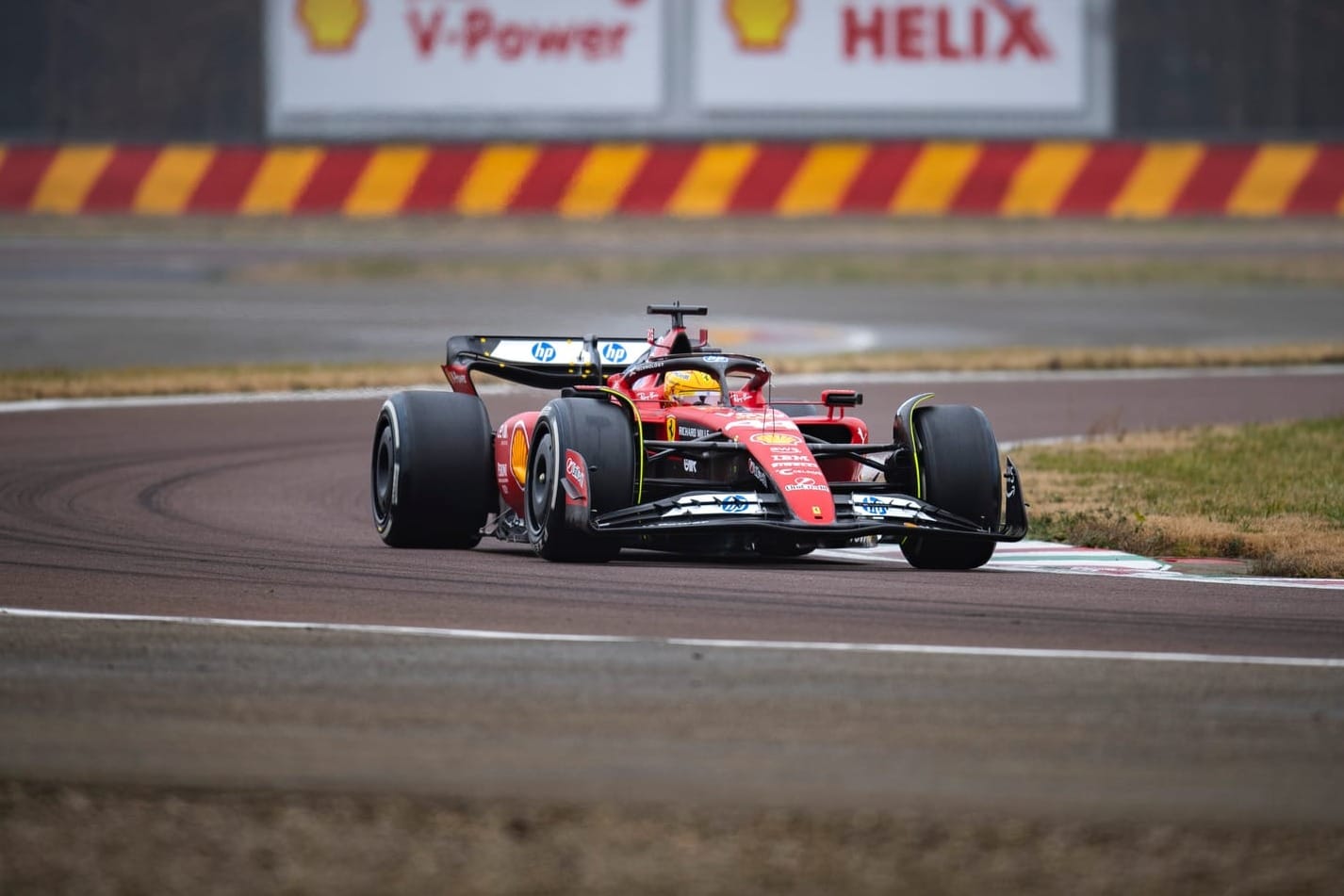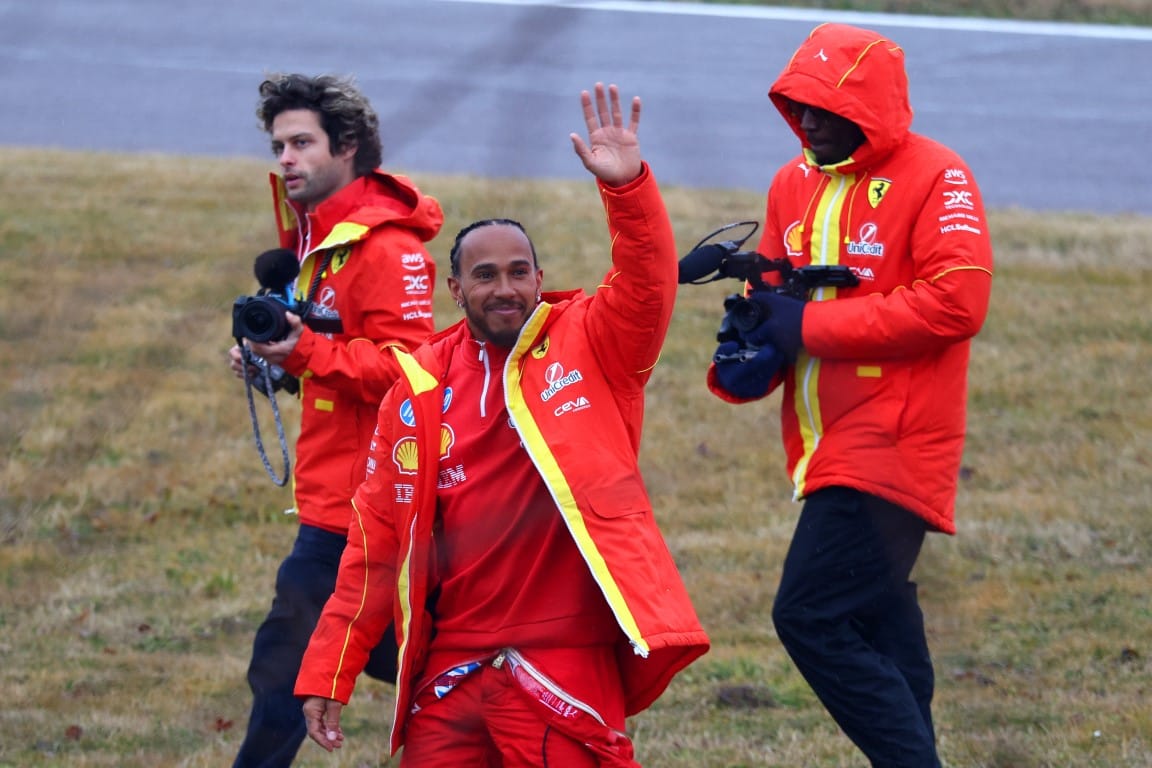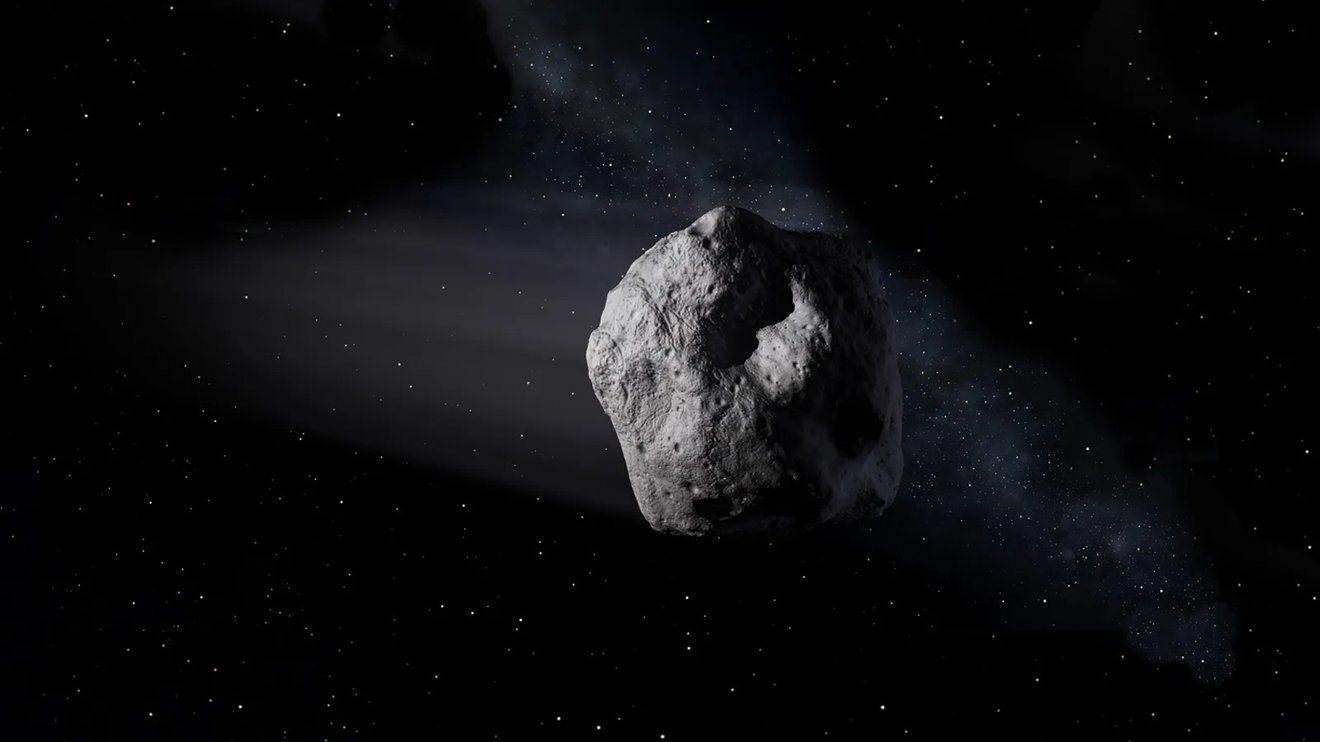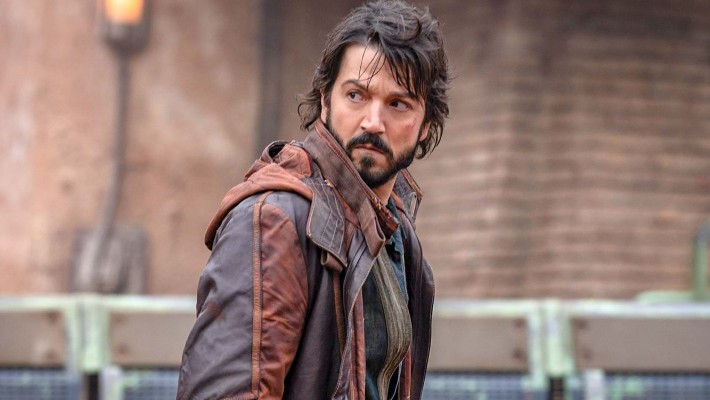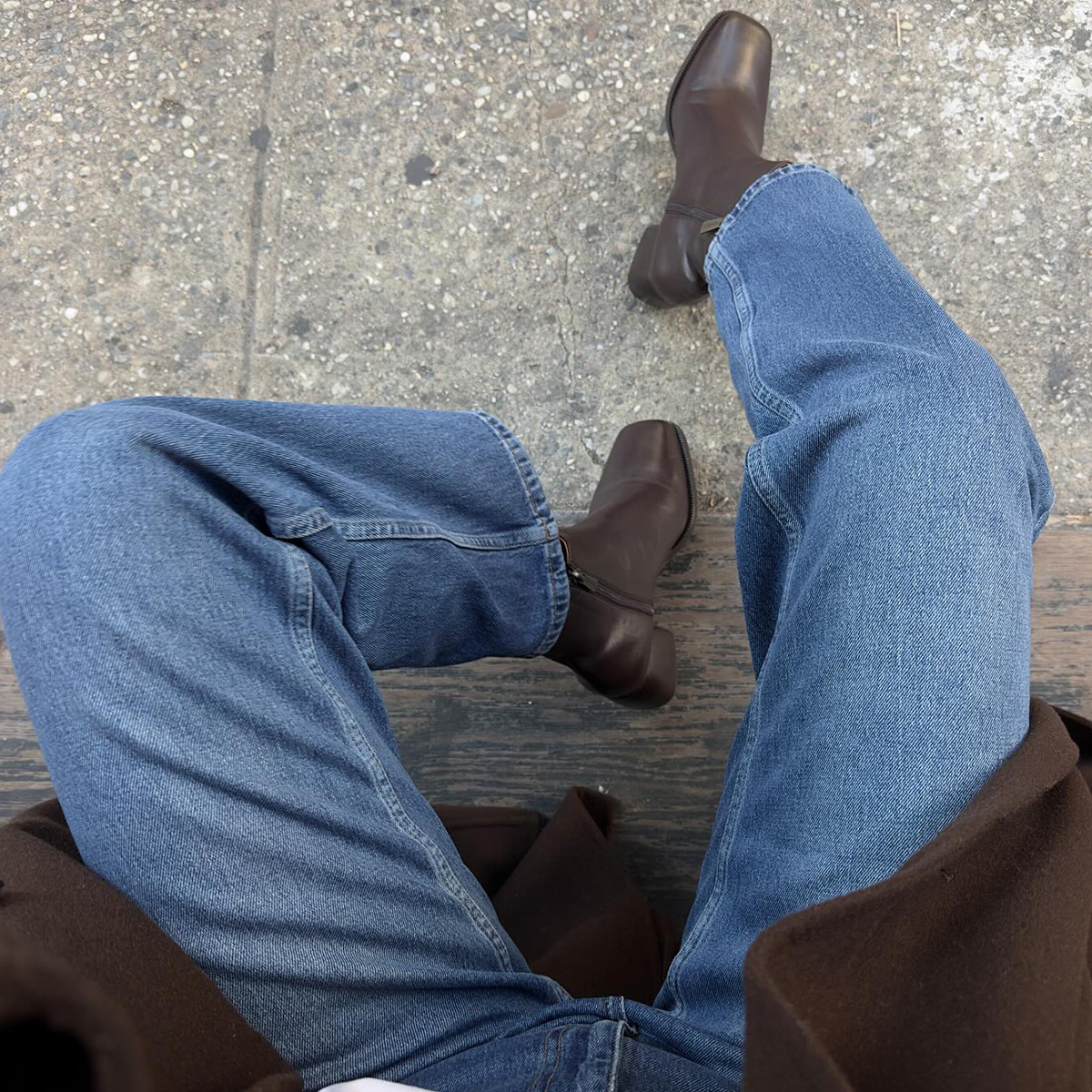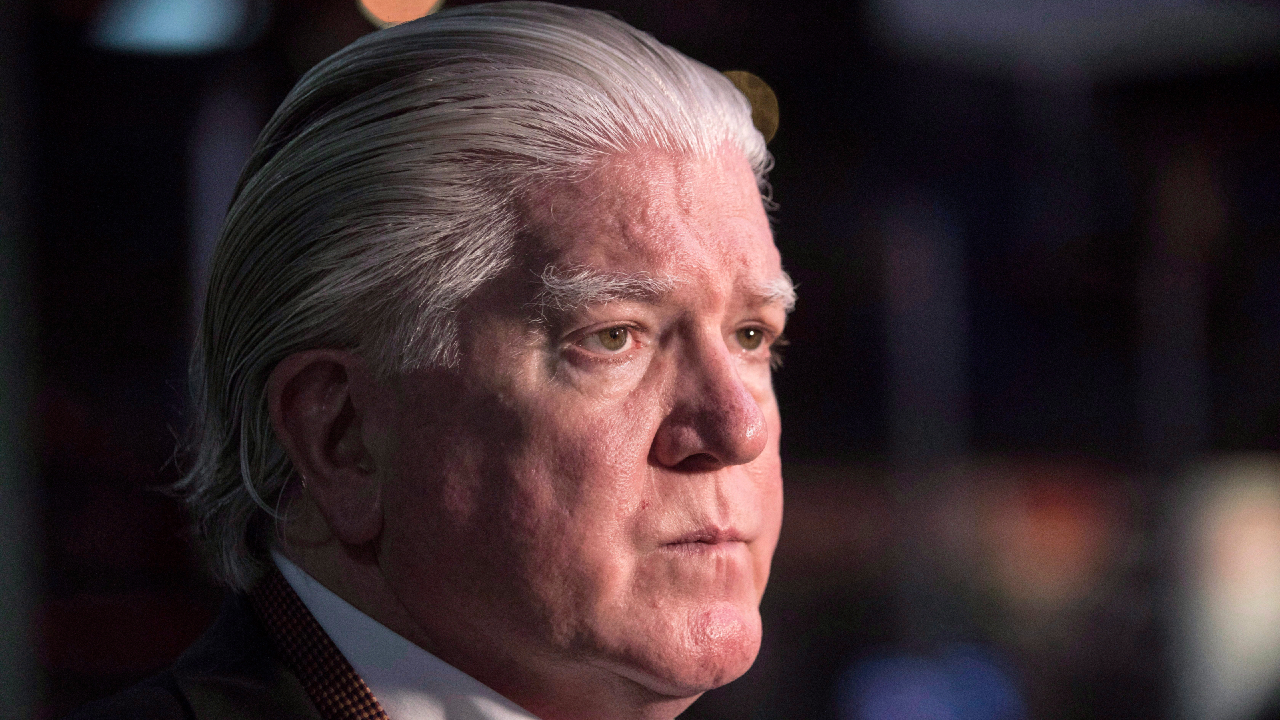Stray Dog/High and Low review – Kurosawa lifts crime drama to astonishing new peaks
★★★★★/★★★★★Drawing on hardboiled US fiction, as American film had fed on his own Seven Samurai, the director brings unforgettable intensity to his anxious noirAkira Kurosawa’s scalding 1949 cop thriller Stray Dog (★★★★★), with its extended closeup shot of a mad dog snarling into the camera over the opening credits, is about a stolen gun; as with De Sica’s stolen bicycle the year before, the resulting search leads us on a tour of the city, scene by scene into a world of poverty, cynicism and violence.It is a gripping, drum-tight picture, a panoramic drama of crime revealed over one sweltering summer in postwar Tokyo which culminates in an ominous monsoon downpour and it stars two alpha-dogs of Japanese cinema, both stalwarts of Kurosawa. Takashi Shimura is veteran police officer Detective Sato, tolerant, good-humoured, realistic about the prospects for containing, if not eradicating crime, and Toshiro Mifune is his partner, rookie cop Murakami, part of the new, thoughtful postwar generation concerned with upbringing and psychology. Murakami teaches the older man the unfamiliar term “après-guerre” to describe his new attitudes, although he has to be reminded that the police is different from the army, less regimented and more about initiative. Mifune is still a young man of 29 in this film, although he clearly shows that amazing natural severity and martial nobility. Continue reading...

★★★★★/★★★★★
Drawing on hardboiled US fiction, as American film had fed on his own Seven Samurai, the director brings unforgettable intensity to his anxious noir
Akira Kurosawa’s scalding 1949 cop thriller Stray Dog (★★★★★), with its extended closeup shot of a mad dog snarling into the camera over the opening credits, is about a stolen gun; as with De Sica’s stolen bicycle the year before, the resulting search leads us on a tour of the city, scene by scene into a world of poverty, cynicism and violence.
It is a gripping, drum-tight picture, a panoramic drama of crime revealed over one sweltering summer in postwar Tokyo which culminates in an ominous monsoon downpour and it stars two alpha-dogs of Japanese cinema, both stalwarts of Kurosawa. Takashi Shimura is veteran police officer Detective Sato, tolerant, good-humoured, realistic about the prospects for containing, if not eradicating crime, and Toshiro Mifune is his partner, rookie cop Murakami, part of the new, thoughtful postwar generation concerned with upbringing and psychology. Murakami teaches the older man the unfamiliar term “après-guerre” to describe his new attitudes, although he has to be reminded that the police is different from the army, less regimented and more about initiative. Mifune is still a young man of 29 in this film, although he clearly shows that amazing natural severity and martial nobility. Continue reading...
What's Your Reaction?
































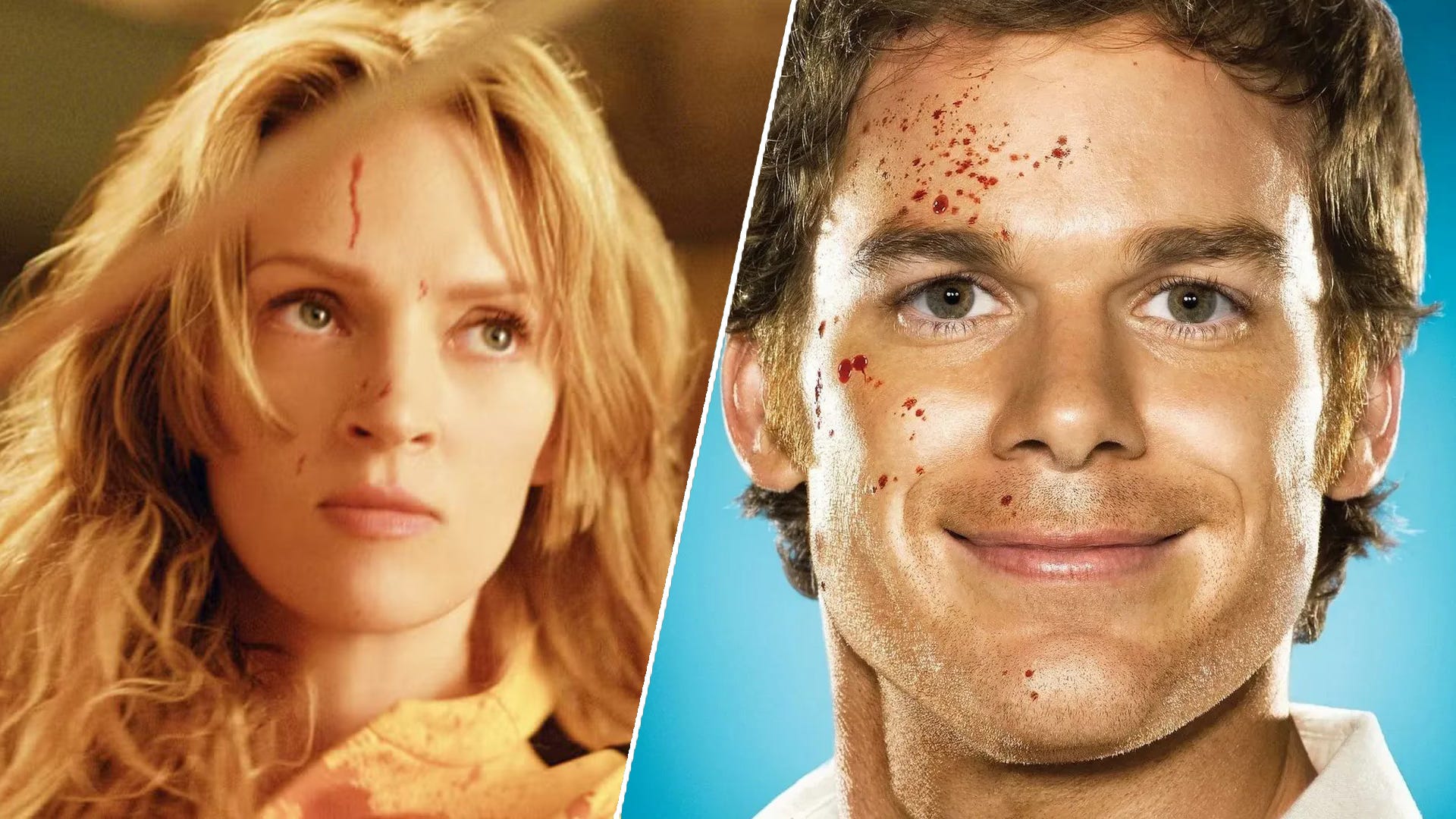
.jpg?width=1920&height=1920&fit=bounds&quality=80&format=jpg&auto=webp#)
